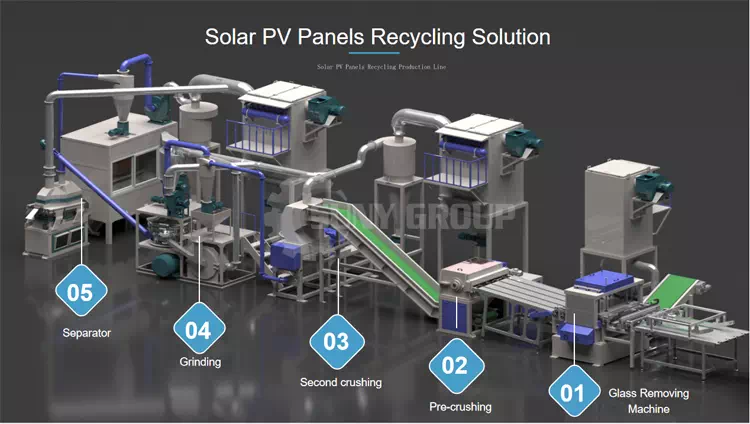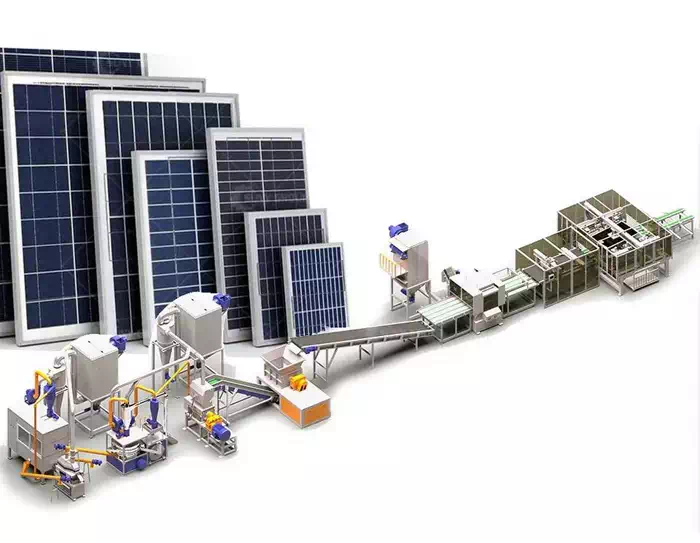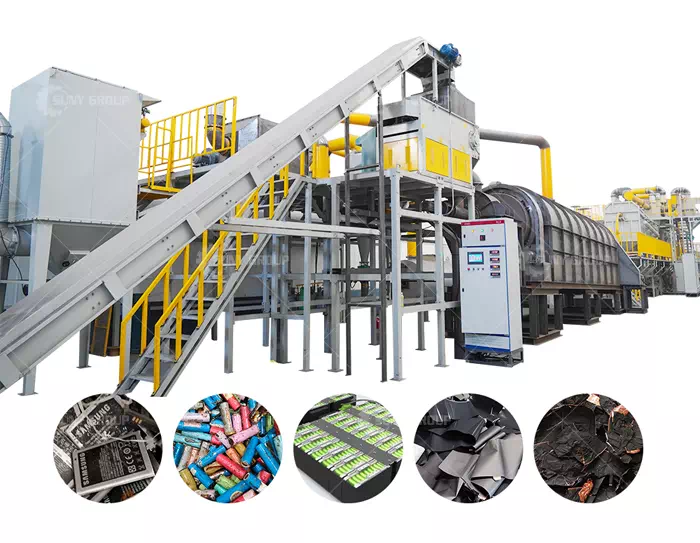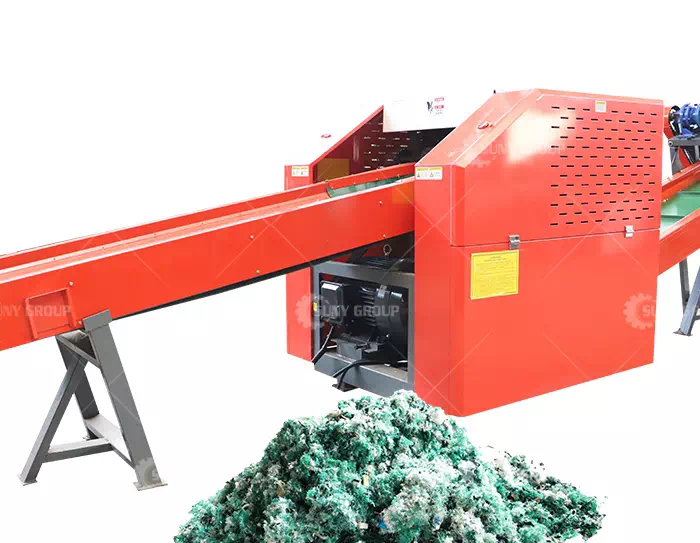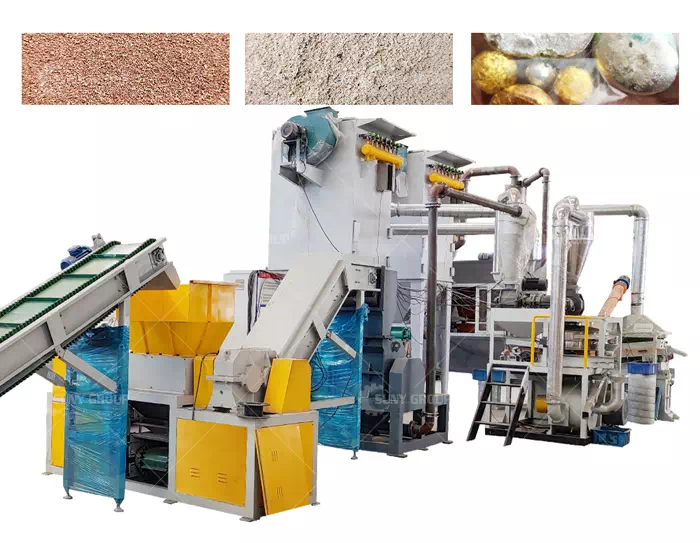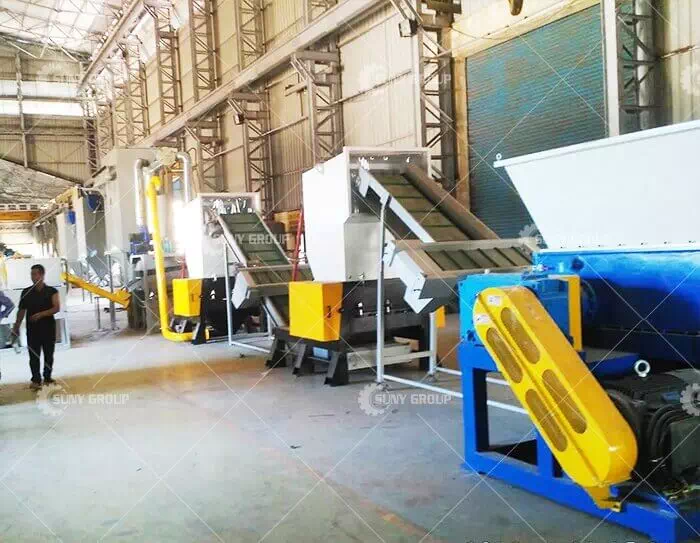Automated Solar Panel Disassembly Equipment
As the world continues to switch to renewable energy, solar power has emerged as one of the most promising solutions to combat climate change and reduce dependence on fossil fuels. However, the widespread adoption of solar panels has brought new challenges - the proper handling and recycling of end-of-life photovoltaic (PV) modules. To solve this problem, solar panel recycling equipment has received great attention and attention. This article explores the importance of solar panel recycling facilities in promoting sustainability, the key processes involved in recycling solar panels, the benefits of recycling, and the future prospects of this rapidly growing field.
As the deployment of solar panels continues to increase globally, it becomes imperative to address their end-of-life management. Solar panels typically last 25 to 30 years before needing to be replaced. Disposal of these modules in landfills poses an environmental risk due to the presence of toxic substances such as lead, cadmium and silicon. Additionally, solar panels contain valuable materials that can be recycled and reused, reducing the need for raw material extraction. This is where solar panel recycling equipment plays a vital role.
Solar PV Panel Recycling Solutions
Solar panel recycling involves several complex processes aimed at recovering valuable materials and minimizing environmental impact. The first step is to collect the scrap panels and transport them to a recycling facility. Various sorting methods are employed, including manual and automatic techniques, to separate different types of panels. After sorting, the panels undergo a mechanical disassembly process in which they are disassembled into components such as glass, aluminum frames and silicon cells.
Next, the separated components are subjected to different recycling techniques. Once cleaned, the glass can be reused to make new panels or for other applications. Aluminum frames are melted down and recycled for use in various industries. Silicon cells go through a separate process to extract valuable silicon for reuse. Additionally, metal contacts and wiring are recovered for further recycling or reuse. Some recycling facilities use advanced techniques such as heat treatment or chemical processes to extract rare materials such as silver, indium and gallium.
Solar panel recycling offers some significant benefits to the environment and the renewable energy industry. First, it mitigates the environmental impact associated with disposing of solar panels in landfills, reducing the release of harmful substances into soil and waterways. Recycling reduces the need for raw materials, conserves natural resources and minimizes energy-intensive extraction processes by recovering and reusing valuable materials.
Additionally, solar panel recycling contributes to a circular economy by turning waste into a valuable resource. Recycled materials can be reintroduced into the supply chain, promoting a sustainable and closed-loop approach. The recycling industry also creates jobs and stimulates economic growth.
Recommend products
CONTACT US:
If you have any requirement or suggestion, please fill in the form and send to us, thanks!E-mail:sunymachine@gmail.com | Whatsapp:+8613674945231


